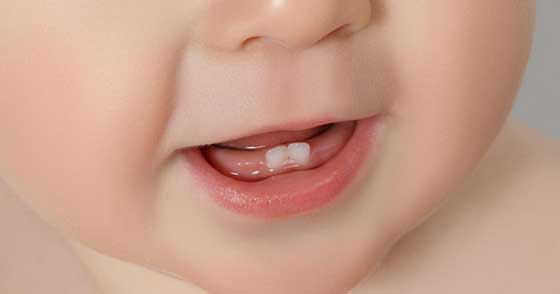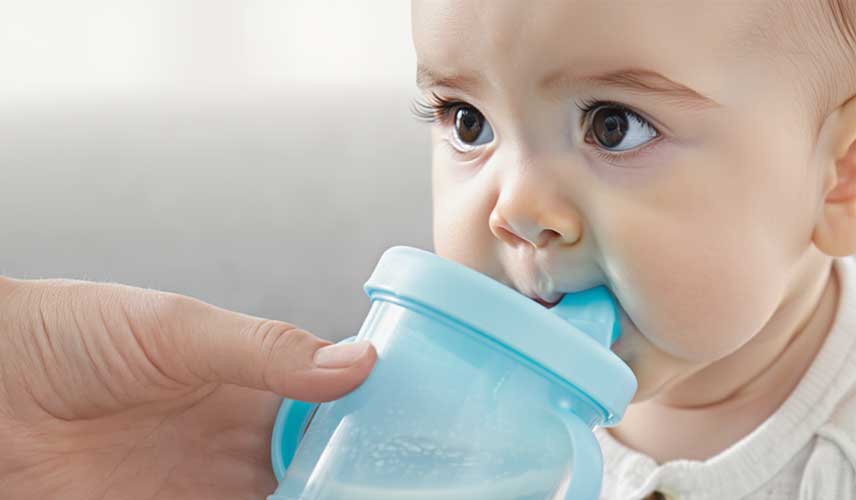
4 Ways to Prevent Eating Disorders

If you think your child, whether small or adolescent, has an eating disorder that leads to being excessively underweight or overweight, you should try to find a solution to this problem without delay. We hope that our research on ways to prevent eating disorders will help those seeking solutions to this issue.
1. It Is Very Important to Keep Your Child Away from Processed Foods
Yes, achieving this is becoming increasingly difficult. The culture of ready-made meals, fast food advertisements, and appealing but unhealthy snacks that provide little to no benefit to the human body inevitably affect children and adolescents. However, it is not impossible to instill a habit of eating home-cooked meals and fresh fruits in your child; many families manage to do this. Making healthy homemade foods visually appealing encourages young children to consume them. Involving your child in meal preparations can also have a motivating effect. You can try to get your child accustomed to filling and beneficial snacks like milk and dried fruits.
2. Do Not Insist Too Much on Them Eating More
A child eats something, expresses that they are full, and stops eating, while the mother thinks they have eaten too little and insists they eat more. Or the child says they are not hungry, but the mother has decided that they need to eat something. These are common scenes in families with children. In such cases, families may sometimes be justified in their concerns. But sometimes, the child has eaten enough in their own way, is full, and if there is no health issue and they are not worryingly underweight, it is not right to insist, and it can even lead to resistance and stubbornness. Ultimately, your insistence may not be effective and can lead to frequent arguments with your child. If you have concerns about this, it is best to consult a doctor. This way, you can address the issue scientifically, or the doctor may reassure you that there is no problem with your child's eating habits as you thought.
3. Constantly Talking About Eating at Home and Weight Gain or Loss Negatively Affects Children
If a child or adolescent frequently overhears conversations like "I lost too much weight, I was almost hungry all day but I haven't lost a gram, I've gained a lot of weight lately," this can become the number one agenda in their life. Nowadays, especially with the increasing number of people wanting to lose weight, such topics are often discussed at home. Eating is a necessity, something that should be done routinely, and it is not right to place it at the top of the agenda. An overweight child, upon noticing the excessive importance adults place on the issue, may resort to unhealthy methods on their own to solve the weight problem. Therefore, you should not allow food and weight issues to become the most important topics in your home.
4. Children Should Not Be Exposed to Quick Weight Loss Methods
Obesity is an increasingly prevalent issue in today's world. People gain weight due to unhealthy, chemically processed, harmful, unnatural food consumption and a sedentary lifestyle, and they pin their hopes on methods that promise to help them lose weight quickly and effortlessly. Families need to avoid weight loss solutions that lack a scientific basis and try to prevent their children from being exposed to such advertisements, news, and conversations.
If You Think There Is a Serious Problem, You Should Consult an Expert
Healthy eating in childhood affects a child's development in every way. Children who are not adequately and balanced nourished, who eat too little or too much, and who are excessively fond of ready-made food items that contribute nothing to health and development will not develop physically and mentally as they should. Eating disorders are also a common problem among adolescents. There can be various reasons for such disorders. For example, a child with a mental illness may exhibit eating problems. Children who have experienced traumatic events such as sexual abuse may be prone to eating disorders. Publications that promote the beauty of being thin can lead some young people to see themselves as heavier than they actually are and resort to harmful methods to lose weight and stay thin. On the other hand, your child eating less or more than you think does not necessarily indicate an eating disorder. If you have concerns, you should consult an expert to address them; they will be the one to name the problem if there is one.
Child Health and Safety Other Content in the Category

Child Health and Safety
Newborn Care

Child Health and Safety
My Baby Refuses to Eat Solid Food

Child Health and Safety
Ways to Protect Children from the Coronavirus

Child Health and Safety
What to Do to Instill Brushing Habits in Children

Child Health and Safety
Child Safety: Medications Should Be Stored Out of Reach of Children

Child Health and Safety
10 Effective Tips for Child Health

Child Health and Safety
8 Factors That Cause Babies to Cry

Child Health and Safety
Down Syndrome Diagnosis Methods

Child Health and Safety
When Do Babies Crawl

Child Health and Safety
Information About Teething Period in Babies

Child Health and Safety
How Much Water Should Babies Drink?

Child Health and Safety
10 Things to Do for a Healthy Pregnancy

Child Health and Safety
10 Ways to Prevent Sugar Consumption in Children

Child Health and Safety
Frequently Asked Questions About Cancer and Chemotherapy

Child Health and Safety
